2025
Comparably’s Best Company Outlook
* Providing engineering services in these locations through SWCA Environmental Consulting & Engineering, Inc., an affiliate of SWCA.

From the experts we hire, to the clients we partner with, our greatest opportunity for success lies in our ability to bring the best team together for every project.
That’s why:
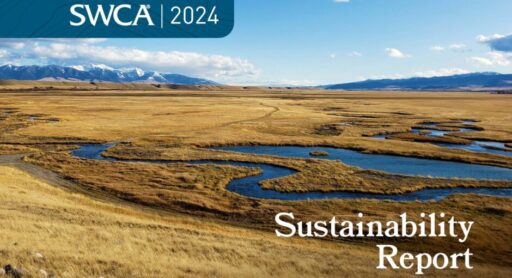
At SWCA, sustainability means balancing humanity’s social, economic, and environmental needs to provide a healthy planet for future generations.
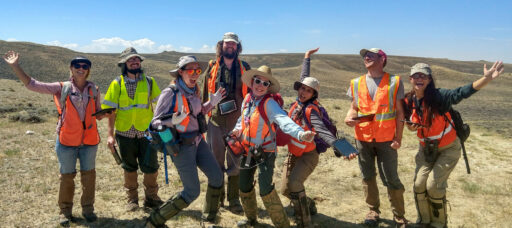
SWCA employs smart, talented, problem-solvers dedicated to our purpose of preserving natural and cultural resources for tomorrow while enabling projects that benefit people today.
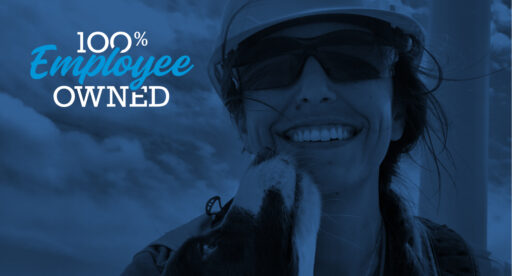
At SWCA, you’re not just an employee. You’re an owner. Everyone you work with has a stake in your success, so your hard work pays off – for the clients, for the company, and for your retirement goals.
Modernizing the Field Experience: Q&A with Paul Burnett, Senior Cultural Resources Technical Director
In late summer of 2023, SWCA created two new positions dedicated, first and foremost, to the engagement of our field employees. Earlier in the year, SWCA evaluated all aspects of the company to identify ways to better support employees through a variety of activities, one being the creation of these new roles.
We recently sat down with Paul Burnett, who was selected for the role of Senior Cultural Resources Technical Director of Field Services, to talk about what he’s been doing in the first six months of the role and how he’s partnering with our cultural resources colleagues to modernize the field experience.
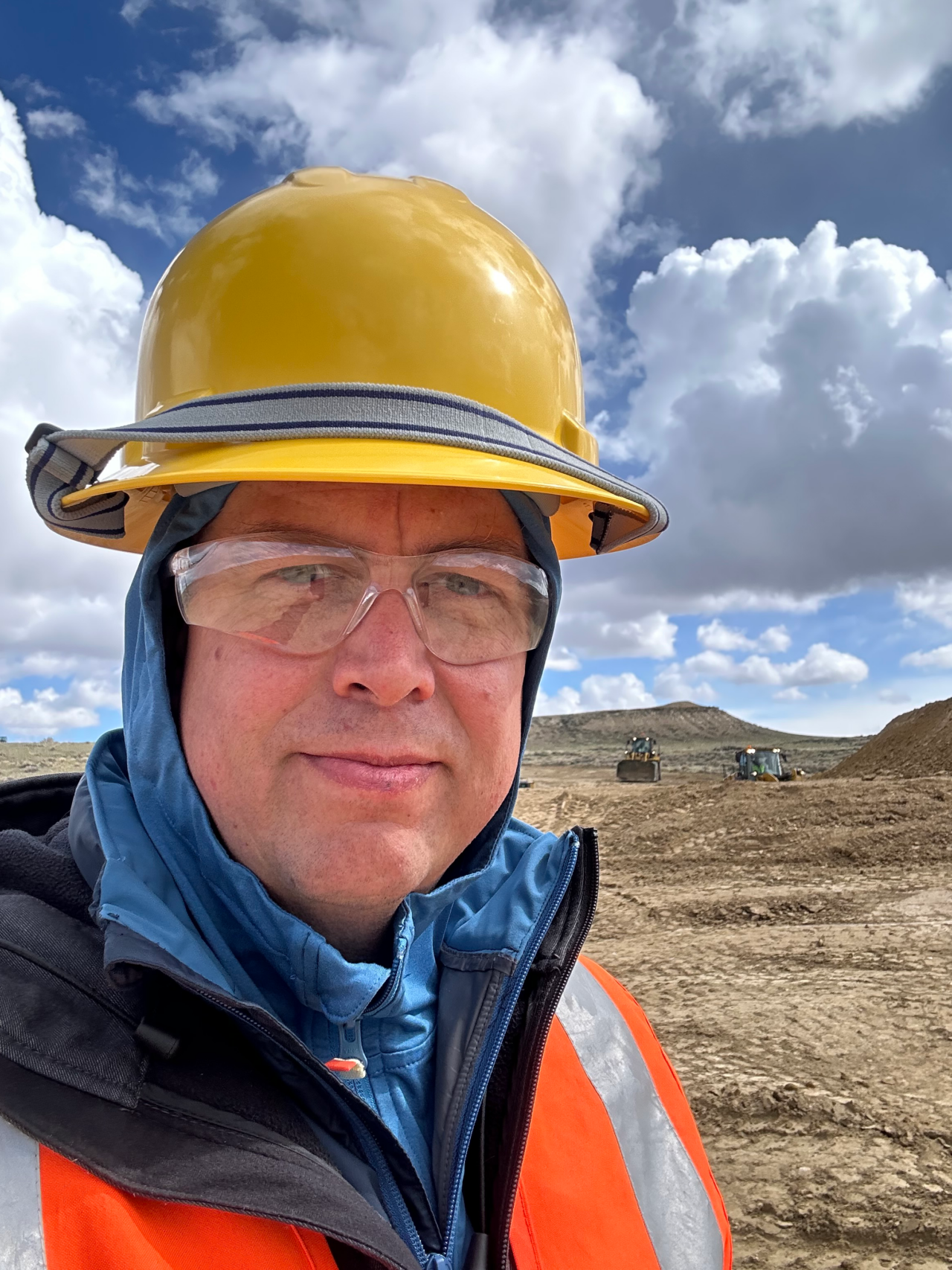
Paul: The top priority of this role is to improve and modernize the field experience for our cultural resource’s employees at SWCA, which can take many forms, but that’s the ultimate goal. We have one of the largest cultural resources programs in the nation (more than 400 employees across 40 offices), and my attention is solely on the engagement of our employees conducting cultural resources work in the field, and the quality and delivery of our fieldwork and data collection — aspects that go hand in hand.
This involves gaining a much deeper and broader understanding of the field experience across all our offices and using that insight to make systematic improvements. I want to help raise the collective voice of our cultural resources field teams to problem solve and find solutions that benefit these teams and, in turn, our company. SWCA isn’t perfect, but what I really value about our company is that we’re always focusing on ways to improve and be better.
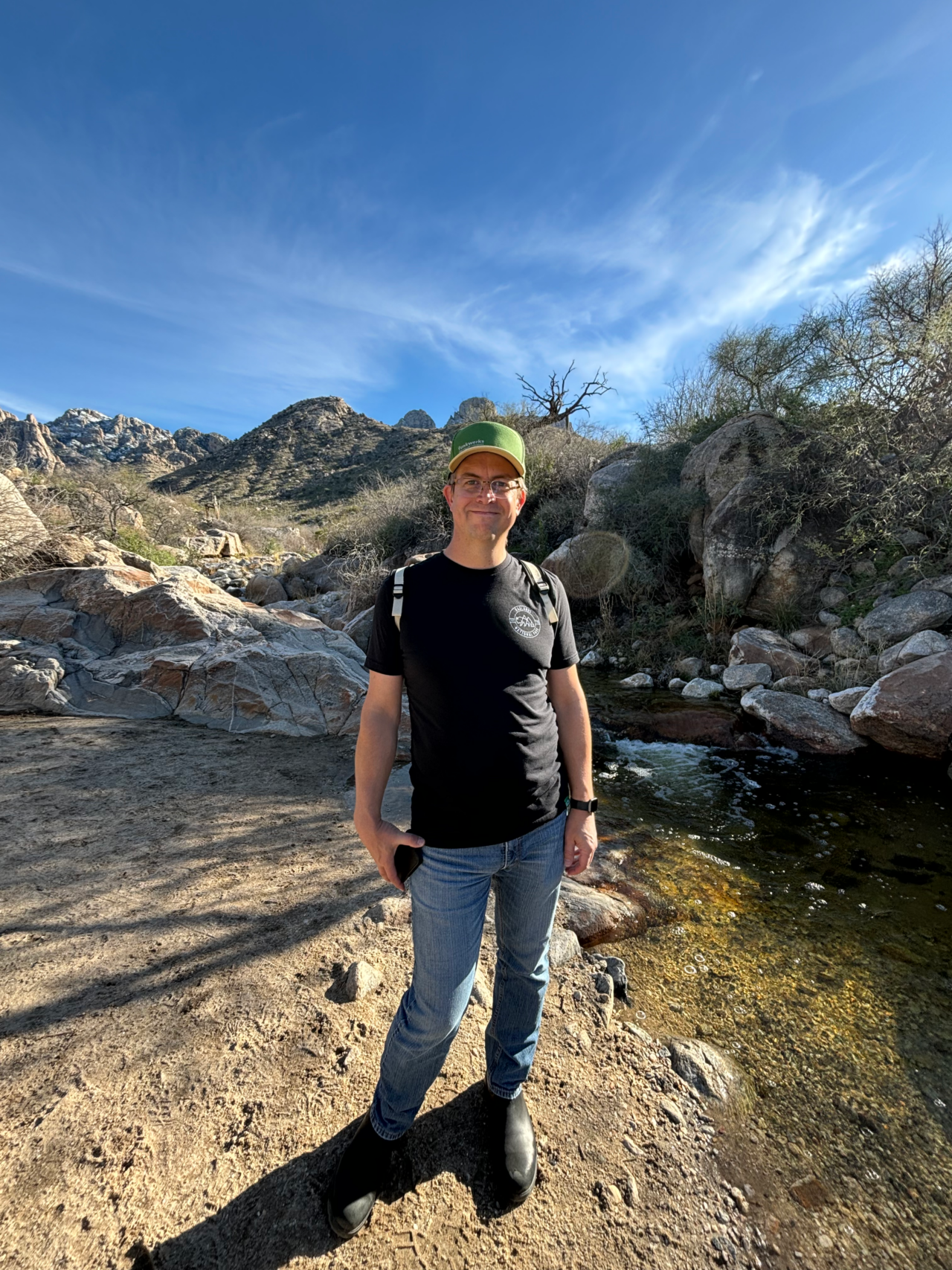
Paul: A large part of what I’ve been doing these past six months is working alongside our field employees, listening, and learning. I’m not traveling to these sites to be a crew lead; my intent is to help do the work, listen to concerns and feedback, and learn how teams approach their projects. So far, I’ve done fieldwork with our Denver, Salt Lake City, Las Vegas, Reno, Pittsburgh, Raleigh, and Austin offices, and participated in field trainings with other offices as well. I’ll continue to travel at this pace to be able to provide a way for employees to share their cool ideas, express their concerns, and provide feedback outside of their direct leadership structure. This is a new type of position in our industry and a part of broader developments we are implementing at SWCA, and it gets me jazzed to help develop this unique type of role.
It’s been so great to connect with teams, and I’m already seeing themes emerge where we can do better — better communicate professional development and career growth opportunities, our compensation structure and employee ownership model, and shared ways of working.
We’re also stepping up our game with technology. I’ve been partnering with our software development team these past several months to improve our digital solutions for a range of activities, all with the goal of improving the field experience.
Paul: Sure. What I’m finding is that SWCA has all these initiatives and opportunities, but our teams in the field may not be familiar with them. Since most of our field staff are out on projects, it can be tough to call into the all-company quarterly call and office meetings. So, I’ve been sharing a lot of information in the field that people haven’t had a chance to learn about yet.
Regarding career growth, I discuss how SWCA has developed a career landscape that makes it easy for people to see where they sit in the organization in their current role and the different career paths to explore. Specific to the field experience, we’ve developed a sophisticated internship program where people can be exposed to a broad range of roles. Right out of school, people can start as field technicians and can experience a wider variety of work than most field techs get. For our staff in general, it’s about equipping our people to have good conversations about career opportunities and trying to meet people where they are at. If someone loves fieldwork and wants to travel to meet the need, we have so many opportunities for them to explore new areas and learn about the regional differences of cultural resources. If someone wants to have more time at home, we can help rotate them regularly on projects while developing office-based skills. If someone is content with their current role and wants to establish deeper roots where they are at, we need to work to provide focus on developing meaningful skills to support that role. We strive to balance the needs of our employees with those of our clients and our business. It all comes down to having those conversations and matching personal development interests with the business need.
Regarding compensation, I share how SWCA has a team called Total Rewards, which is dedicated to benefits, compensation, and the analysis of people data to help inform business decisions. A couple of years ago, this team undertook a huge initiative to develop standardized job titles, job roles, and job responsibilities across the entire company — an effort that needed to happen before a compensation review could be completed. Then, in the first few months of 2023, SWCA committed to a pay equity initiative to standardize pay ranges for every single role across the organization. Of course, variables like performance, location, and other aspects factor in, but it’s a huge step in offering a more consistent compensation experience to our field employees, no matter where you join the organization. And I’m proud that since Jan. 2023, we include salary ranges in all our job requisitions regardless of state regulations.
Last but not least, I also like to talk about our employee ownership model. SWCA is 100% employee owned, which means we don’t report to external investors and shareholders. Our profits are invested directly into the organization to support our people through professional development opportunities (like sending people to conferences), better benefits and wellness options, social gatherings, etc. This shared sense of ownership is more than a retirement account (which SWCA does contribute to without any need for matching funds by the employee for those who qualify); it’s an ethos of our Never Settle core value and to do what we can for each other and the company because it’s all our success. We want our employees to stay for the long term and we’re actively working on ways to convey that to our field staff.
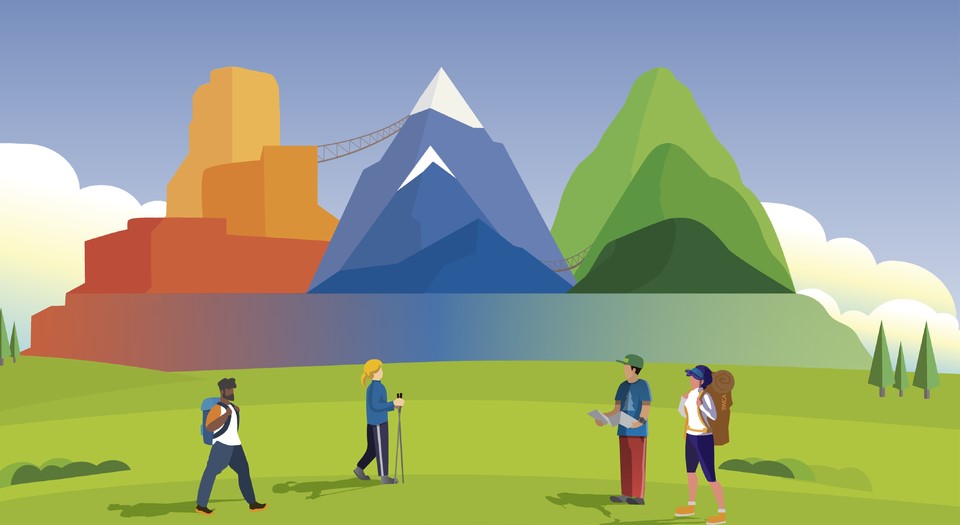
Paul: We’re looking at the future of fieldwork here. First, our technology team is not simply making technology upgrades; we are making deep, systematic improvements to the foundations of our field data collection methods. We’re advancing how we collect, evaluate, and share data, including standardizing devices and establishing consistent processes. My role in this effort is to keep the focus on improving the field experience.
One particularly cool thing we are rolling out is a technology-assisted feedback loop where we provide field staff with nearly real-time performance feedback to help focus on learning and development opportunities while also offering field staff with a way to give real-time feedback on their field experience. We can use the information learned through these sources to identify and implement all sorts of improvements.
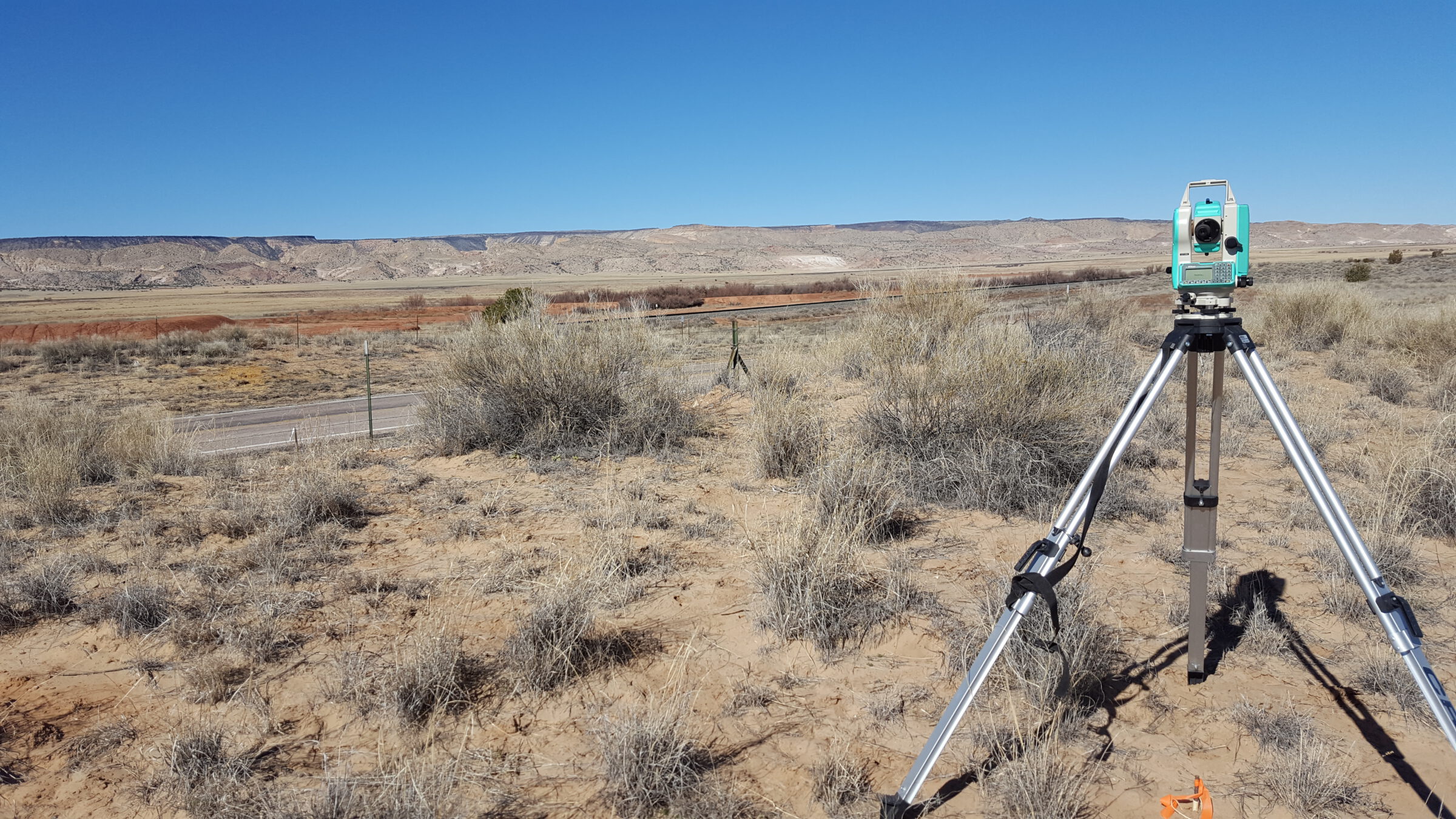
Paul: The journey continues. I’m pumped to keep hitting the road, visiting teams in the field, and hearing what they have to say. I’d also like to look at ways to more quickly apply the wins that I’m seeing across teams, as well as ways to share lessons learned across the organization. It’s time to start rolling out some of the digital initiatives as they are ready.
Paul: Being exposed to a diversity of experiences is super valuable — different geographies, different types of projects, not only on the field side but also on the office side. Never discount on the job training and seeking ways to learn while getting paid for it.
Paul: There isn’t another company quite like SWCA. As a full-service environmental firm, employees can be exposed to quite a few different specialties. We’re unique in our size because we can take on large projects, which provides a variety of options for folks in how they want to grow their careers. Our employee ownership culture also makes us unique. It’s not only about the retirement benefits, but also about all the additional value that comes with it – a strong, supportive workplace culture, professional development opportunities, and more. Our way is all about the best that we can do, always striving to improve, innovate, and consistently elevate industry standards. This emphasis on “Never Settle” and “Always Learning” makes it a genuinely fun workplace.
Paul Burnett, Senior Cultural Resources Technical Director – Field Services
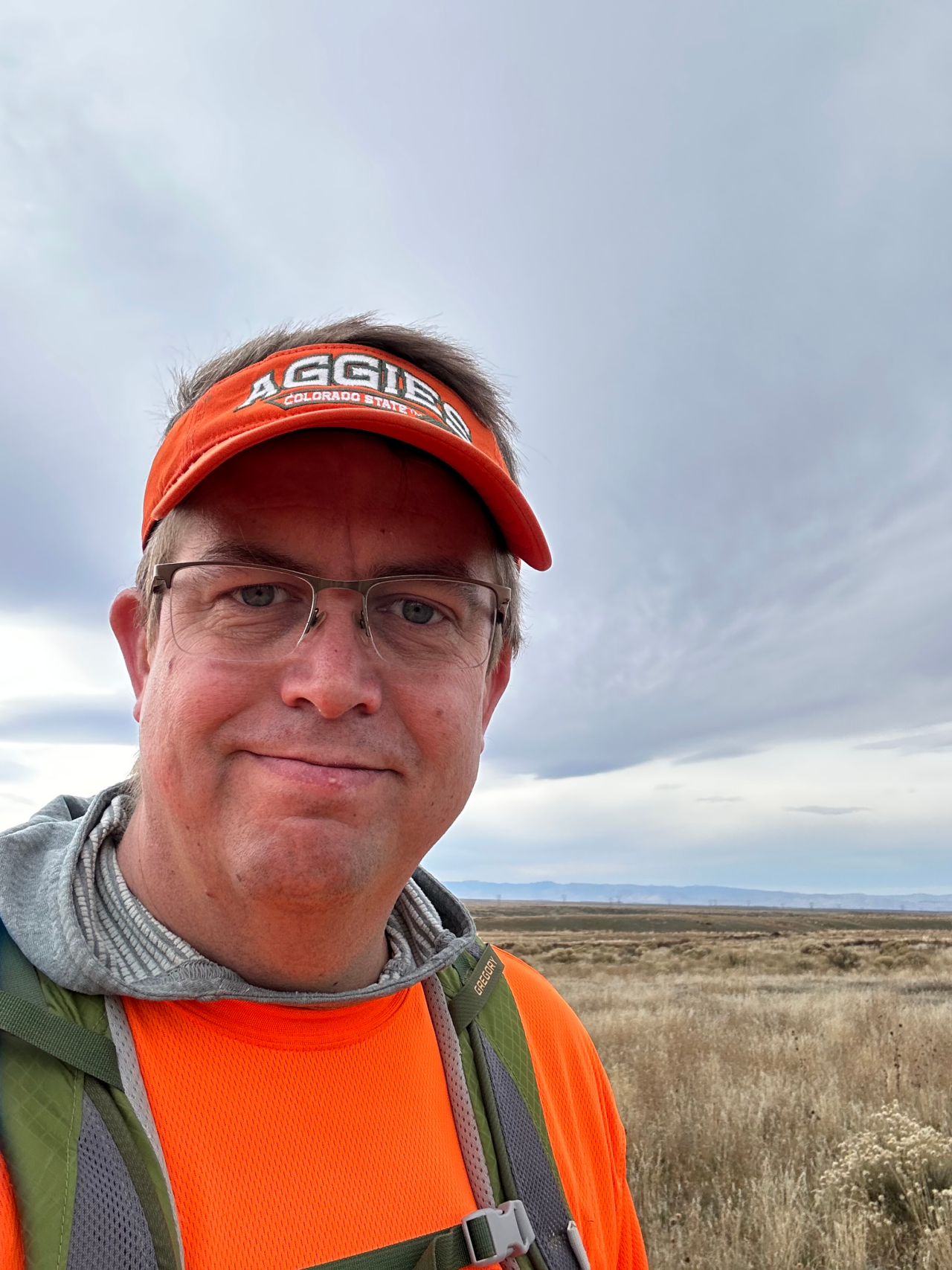
Paul began his journey with SWCA in 2004 as a field technician and then as a field lead, working mostly in Wyoming and adjacent states. As the first employee located in Ft. Collins, Colorado, legend has it that the first Ft. Collins office was Paul’s garage. Early on, he applied his experience in complex bonebed excavations and survey methods to SWCA projects.
On-the-job learning has always been important to Paul’s career trajectory. Starting in 2007, Paul developed improved approaches to archaeological probability modeling. In recognition of these efforts, he received SWCA’s first quarterly Lawrence S. Semo Scientific Achievement Award and the first annual Steven W. Carothers Award in 2016. His work has been used in modeling resources for historic properties, fire studies, desert tortoise research, and natural resource studies for environmental impact statements. The robust models can minimize intensive resource surveys and provide statistically defensible results.
Paul has held many organizational and technical leadership roles and is currently serving as SWCA’s first Cultural Resources Technical Director for Field Services. In this role, he is focused on improving the SWCA field experience by working with crews across the company, elevating best practices, and developing technical solutions accessible through mobile devices to provide feedback on field performance and improve the efficiency and quality of field data collection.